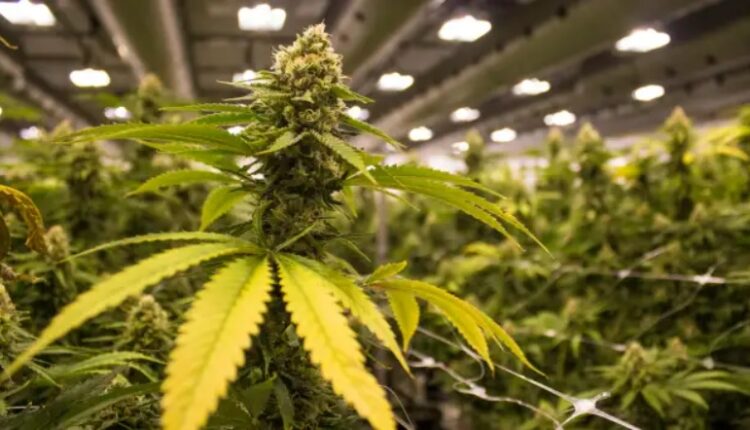
Struggling Cannabis Producers In Canada Pushed To Breaking Point
Canada’s licensed cannabis producers are facing a dire financial crisis as their unpaid federal excise tax skyrockets. In the most recent fiscal year, the outstanding tax debt owed by these struggling companies has more than tripled, reaching an alarming CAD 192.7 million ($141.2 million).
Federal tax debt is rapidly accumulating among licensed cannabis producers, with the number of companies owing excise debt rising from 68 in March 2020 to 213 in March 2023.
Tax Burden
The burden of high excise taxes, which extract up to 30% of revenue, is overwhelming licensed cannabis producers as the original estimation of CA$10 per gram wholesale price proves far from reality, reported MJBizDaily.
With current wholesale prices hovering around CA$2.75 per gram or less, the unexpectedly high excise tax based on outdated price projections has exacerbated the financial strain on producers already grappling with a market flooded by cannabis overproduction.
With wholesale cannabis prices plummeting to as low as CAD 1 per gram—significantly below the projected CAD 10—producers are unable to cope with excise taxes.
The number of licensed producers burdened by excise debt continues to rise at an alarming rate. As of March 2023, approximately 70% of the licensees are facing this dire situation, accumulating substantial tax debt.
The Different Type Of Tax Ecosystem In Canada
Tax burdens on Canadian cannabis licensed producers (LPs) can be significant due to the unique regulatory and legal framework surrounding the cannabis industry. Here is a brief synopsis of the tax burdens faced by Canadian cannabis LPs:
- Excise Duties: LPs are subject to excise duties, which are specific taxes imposed on certain goods, including cannabis products. The excise duties are typically calculated based on the quantity or weight of cannabis produced or sold. These duties are paid by LPs and are often incorporated into the final retail price of cannabis products.
- Federal and Provincial Taxes: LPs are also subject to federal and provincial taxes, including corporate income tax. These taxes are based on the net income generated by the LPs and are generally calculated according to the standard tax rates applicable to businesses in Canada.
- Provincial and Municipal Licensing Fees: LPs are required to obtain licenses from both provincial and municipal authorities to operate legally. These licenses often come with fees, which can vary depending on the province or municipality. The fees are typically paid annually or on a per-production basis and contribute to the overall tax burden on LPs
- Employment Taxes: Like any other business, LPs are responsible for paying employment taxes, including payroll taxes and contributions to employment insurance and the Canada Pension Plan. These taxes are levied on the LPs based on their employees’ salaries and wages.



